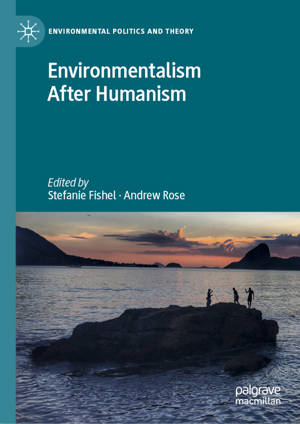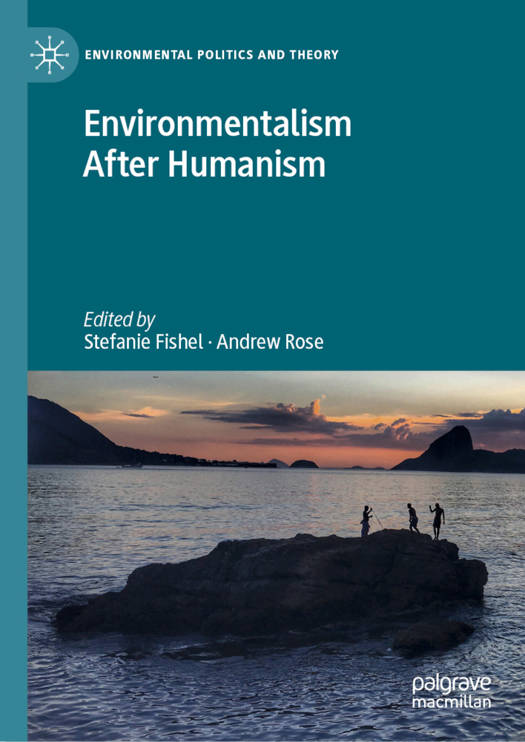
- Retrait gratuit dans votre magasin Club
- 7.000.000 titres dans notre catalogue
- Payer en toute sécurité
- Toujours un magasin près de chez vous
- Retrait gratuit dans votre magasin Club
- 7.000.0000 titres dans notre catalogue
- Payer en toute sécurité
- Toujours un magasin près de chez vous
Environmentalism After Humanism
Description
This book explores the ways in which one might come to recognize and better theorize the political actor, and the political 'act, ' or 'event, ' in a post-anthropocentric context. The challenge to contemporary ideas of citizenship, activism, and the state stems not only from the realization that the natural world is inseparable from the social, but that both are the product of hybridized human and nonhuman agencies. As a result, one must be skeptical of any notion of an environmental fix that bases itself upon an exclusively human agency. What new types of citizenship might emerge from posthuman cultures and artforms? What do effective post-anthropocentric organizing strategies look like? As the relevance of the liberal humanist political subject and the conceptual norms of political realism recede, theories of national and international politics are now tasked with rethinking a contemporary environmental politics beyond humanism. To better theorize these destabilizations, this collection puts forth the value of thinking across disciplines, wherein a conversation unfolds between political theory and literary theory that meets at the crossroads of environmental humanities and ecopolitical theory.
Spécifications
Parties prenantes
- Editeur:
Contenu
- Nombre de pages :
- 245
- Langue:
- Anglais
- Collection :
Caractéristiques
- EAN:
- 9783031758904
- Date de parution :
- 25-01-25
- Format:
- Livre relié
- Format numérique:
- Genaaid
- Dimensions :
- 148 mm x 210 mm
- Poids :
- 458 g

Les avis
Nous publions uniquement les avis qui respectent les conditions requises. Consultez nos conditions pour les avis.





